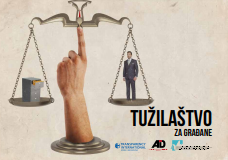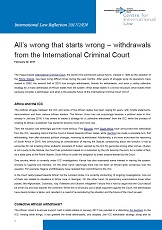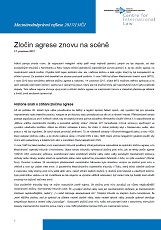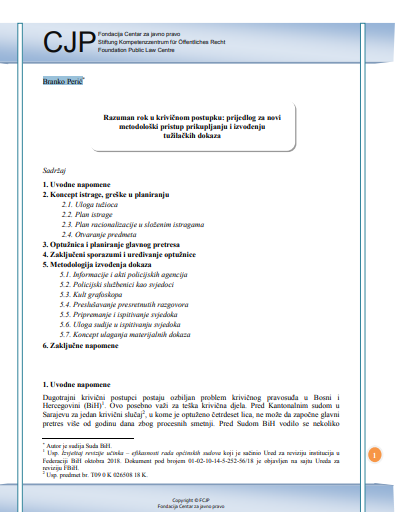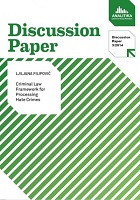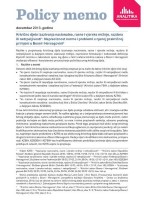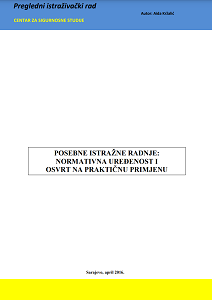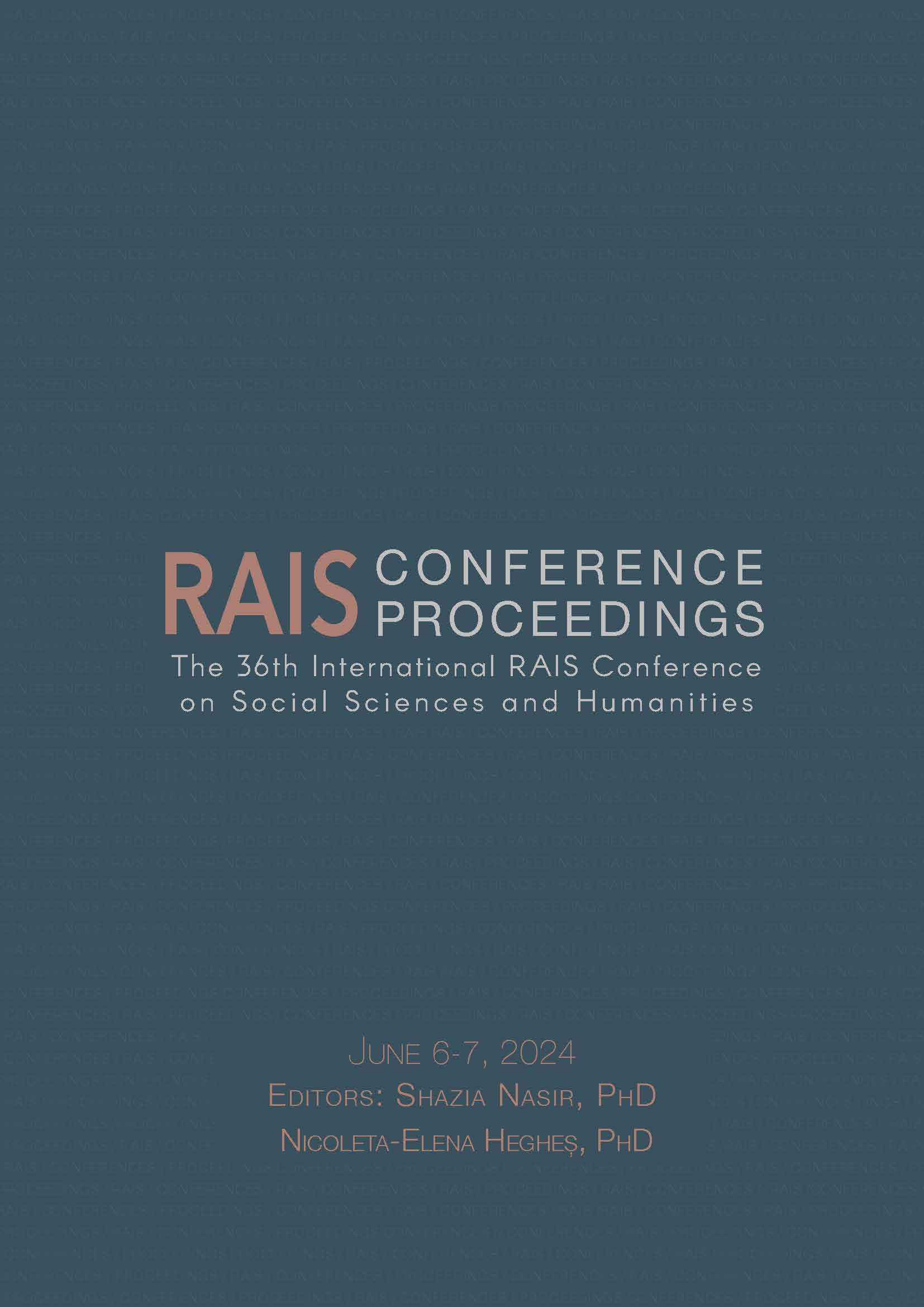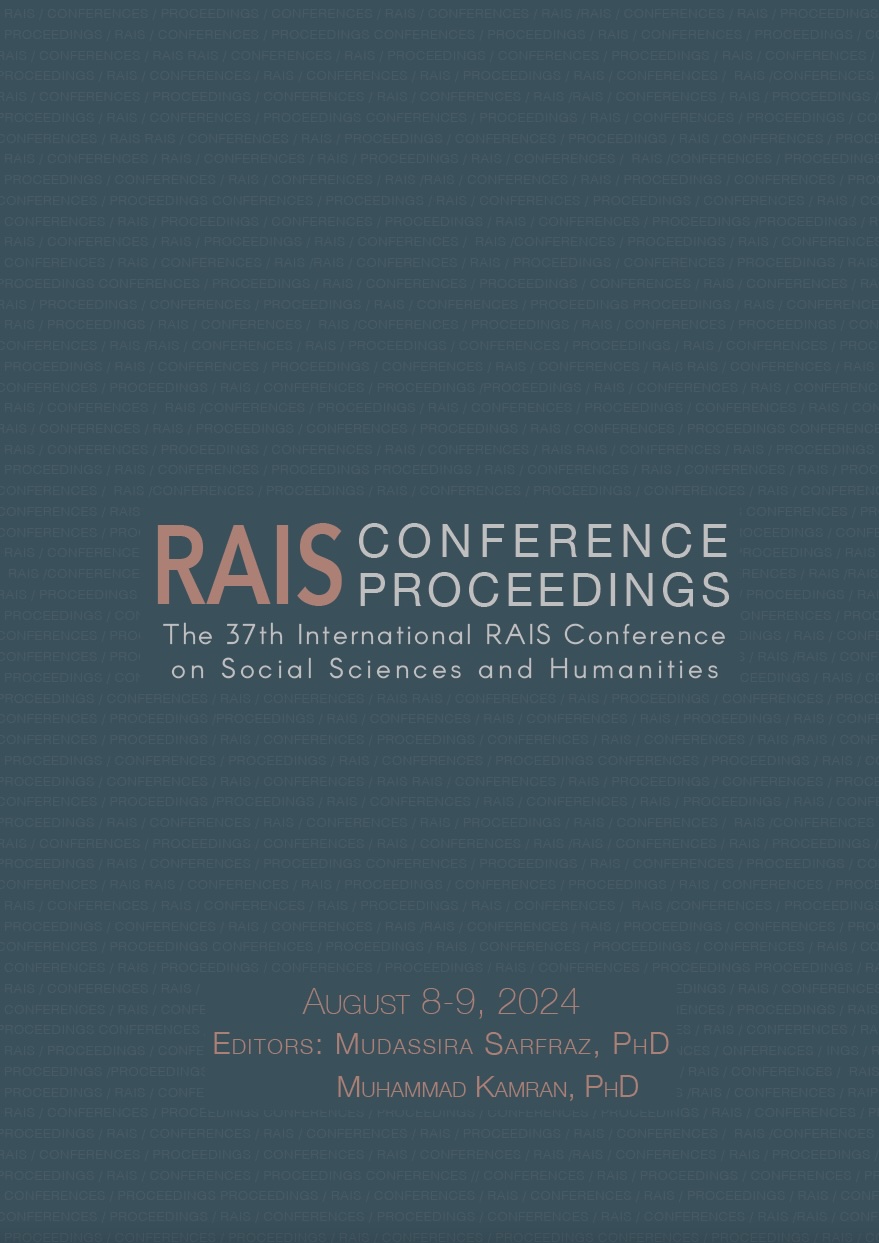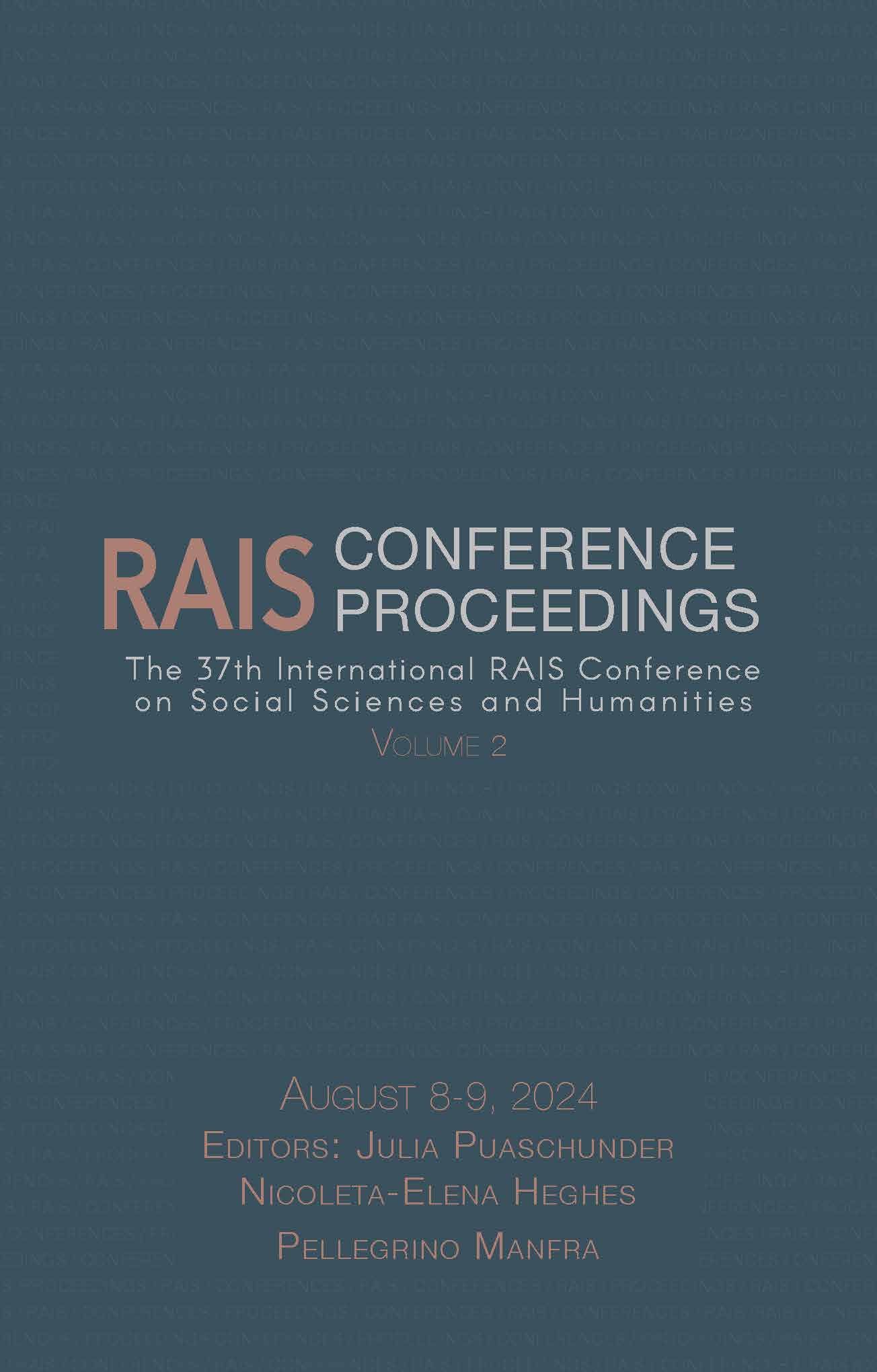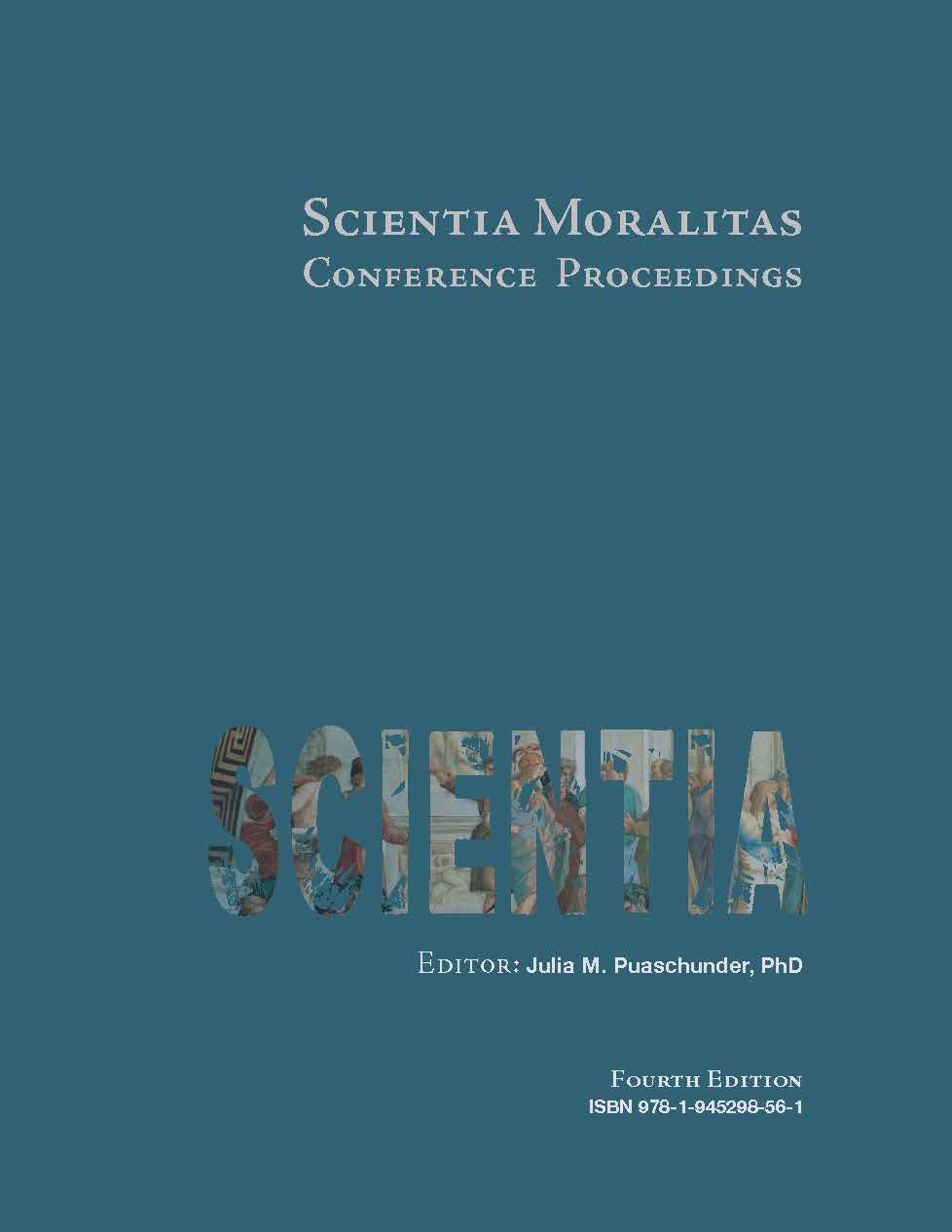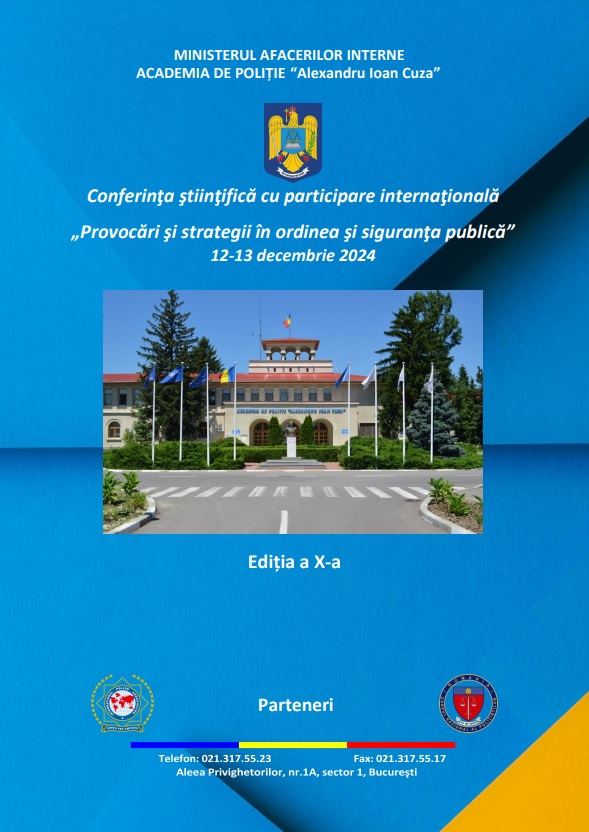
CSD Policy Brief No. 24: Introducing Organised Crime Threat Assessment
MAIN POINTS * Introducing of EU-wide best practices of producing on a periodic basis of national reports assessing the threats from organised crime, which will facilitate the daily and long term activities of Bulgarian law-enforcement institutions. * Establishing of a permanent mechanism of institutional interaction, which will give full use of the instruments of publicprivate partnership, aiming at widening transparency in law-enforcement activities. * The application of modern methods for operative information gathering and analysis of the activities and finances of the organised criminal groups, in addition to the illegal markets under their controls. * Taking measures to facilitate the exchange of data between Bulgarian lawenforcement entities and between them and their EU counterparts in accordance with the Stockholm Program of the European Council.
More...



